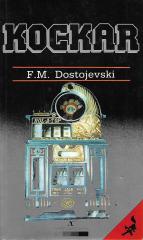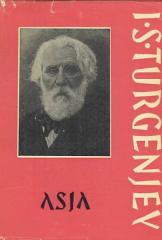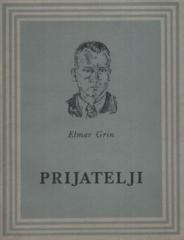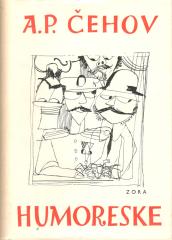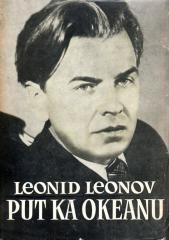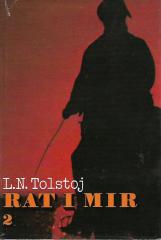
Braća Karamazovi i pitanje o Bogu
The book by the Slovenian Slavologist and philosopher Dušan Pirjevac presents an in-depth analysis of Fyodor Mihajlović Dostoevsky's last novel, focusing on the fundamental philosophical and theological questions present in the work.
Pirjevec explores how Dostoevsky articulates different views on the existence of God, morality, and human freedom through the characters of the novel. Each of the brothers Karamazov – Dmitri, Ivan, and Alyosha – embodies different aspects of human nature and different philosophical positions:
Dmitri: Represents passion and impulsiveness, often facing moral dilemmas stemming from his hedonistic tendencies.
Ivan: An intellectual and skeptic, he raises questions about the existence of God and the problem of evil, culminating in his famous "Grand Inquisitor".
Alyosha: The youngest brother, symbolizes spirituality and faith, is a disciple of Elder Zosima, and represents hope in the possibility of moral and spiritual rebirth.
Pirjevec analyzes how Dostoevsky uses these characters to explore complex issues of good and evil, free will, and moral responsibility. He focuses in particular on Ivan's struggle with the question of theodicy – how to reconcile the existence of an omniscient, omnipotent, and benevolent God with the presence of evil in the world.
Through detailed analysis, Pirjevec shows that "The Brothers Karamazov" is not just a family saga, but also a profound philosophical work that challenges the reader to reflect on their own beliefs and moral values. His interpretation provides new insight into the complexity of Dostoevsky's novel, highlighting its relevance for contemporary debates about faith, ethics, and human nature.
Im Angebot sind keine Exemplare vorhanden
Das letzte Exemplar wurde kürzlich verkauft.
